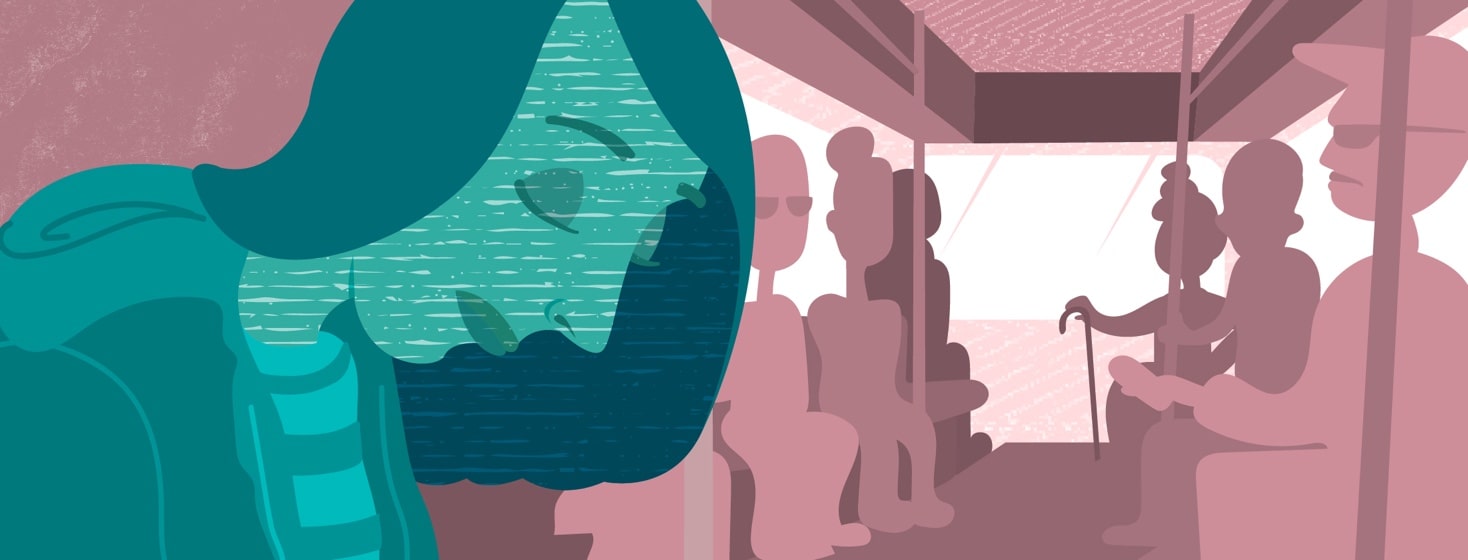Chronic Fatigue: So Much More Than Being Tired
As an endometriosis patient, one of the hardest things to live with is chronic fatigue. I suffered from it for years, believing it had something to do with my mental health. I thought I was depressed, and that my inability to function was down to self-worth and motivation. Getting an endometriosis diagnosis confirmed my fatigue as something real and physical. This was life-changing.
However, fatigue it is a very real symptom that affects my daily life, it can be questioned by others. More often than not, a lot of people confuse with just being tired. Yet, for many endometriosis patients, chronic fatigue is so much more than that.
There are physical causes behind chronic fatigue
Some medical studies have linked chronic fatigue with hormonal imbalances, cortisol being one of the culprits.1 When someone lives in chronic pain, they are basically living in a state of stress. It’s as if their body is constantly “awake”. This can result in the development of irregular levels of hormones in parts of the body, such as the adrenal glands. The hormonal imbalance will manifest as low energy. It can also produce unexplained muscle pain, an inability to focus, memory loss and painful migraines, amongst other symptoms.
Other studies link chronic fatigue to a deficiency in the immune system.2 However, while there are medical studies and written evidence on the subject, I still haven’t heard a health professional give me any advice on how to live with it.
Chronic fatigue does not go way with sleep
If I had a dollar for every time someone has told me to take a nap to fix my fatigue, I would have... a good amount of dollars in my bank account, and still feel like a wet towel. Chronic fatigue does not improve with rest. You can sleep for 10 hours and still wake up completely exhausted, with heavy limbs and a complete inability to focus.
It's not about being unmotivated
It has nothing to do with motivation. I started running regularly (and slowly) a couple of years ago and now I completely hooked. I will be outside, jogging along, and suddenly realize that my legs are about to quit on me. Even though I am craving exercise and need the release, my body is loudly saying no, and no amount of motivation will get me moving.
If you're at work, you will have turned up ready for action, but your brain will shut down. If you are a parent, chronic fatigue will make an appearance on a family day out, when you're ready to climb on trees or chase your children in the fresh air. You’re all for it, except your body is sabotaging you.
It can ruin your ability to be around others
Chronic fatigue affects focus. It can also leave its sufferers with an inability to express themselves correctly. During flare-ups of chronic fatigue, I experience difficulty when speaking. This affects my confidence quite badly, so I will try to socialize very little when I’m like this.
It can be very painful
My legs tend to give up on occasion. It’s like the are suddenly three times their weight, and it can become very painful. The pain will continue for hours, even when I lie down. Migraines and painful headaches are other common manifestations of chronic fatigue.
Chronic fatigue is not in the heads of endometriosis patients, it is not a psychological phenomenon. It’s a physical thing, an act of sabotage from the inside out. For many of us, a daily limitation we must learn to manage, and definitively, much more than being tired.

Join the conversation